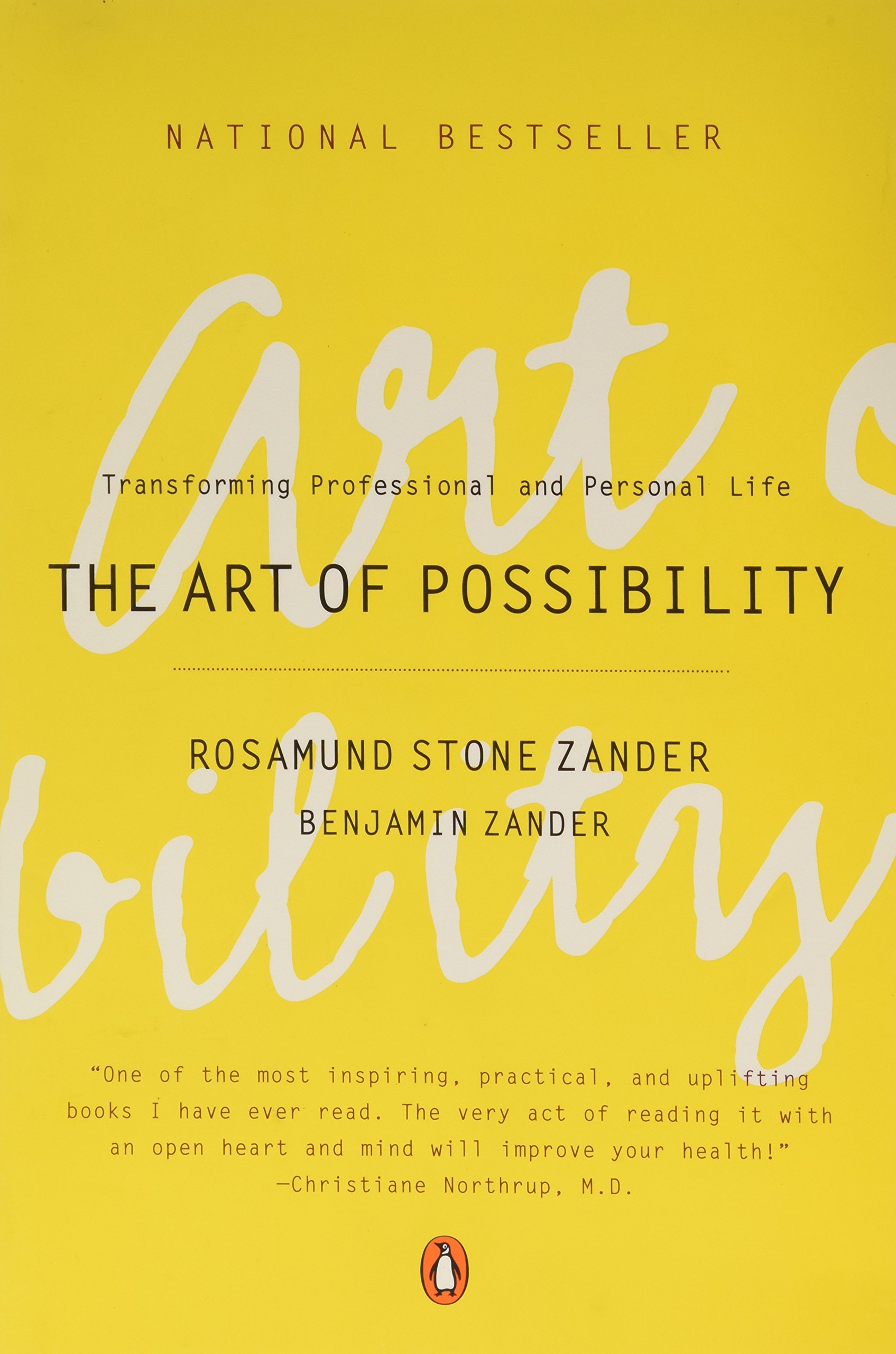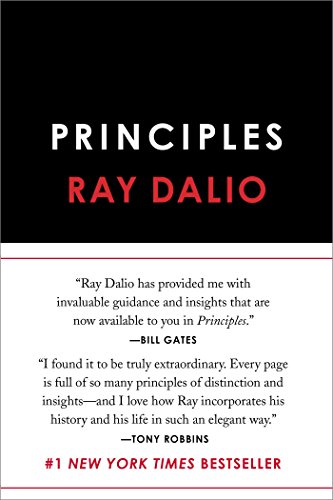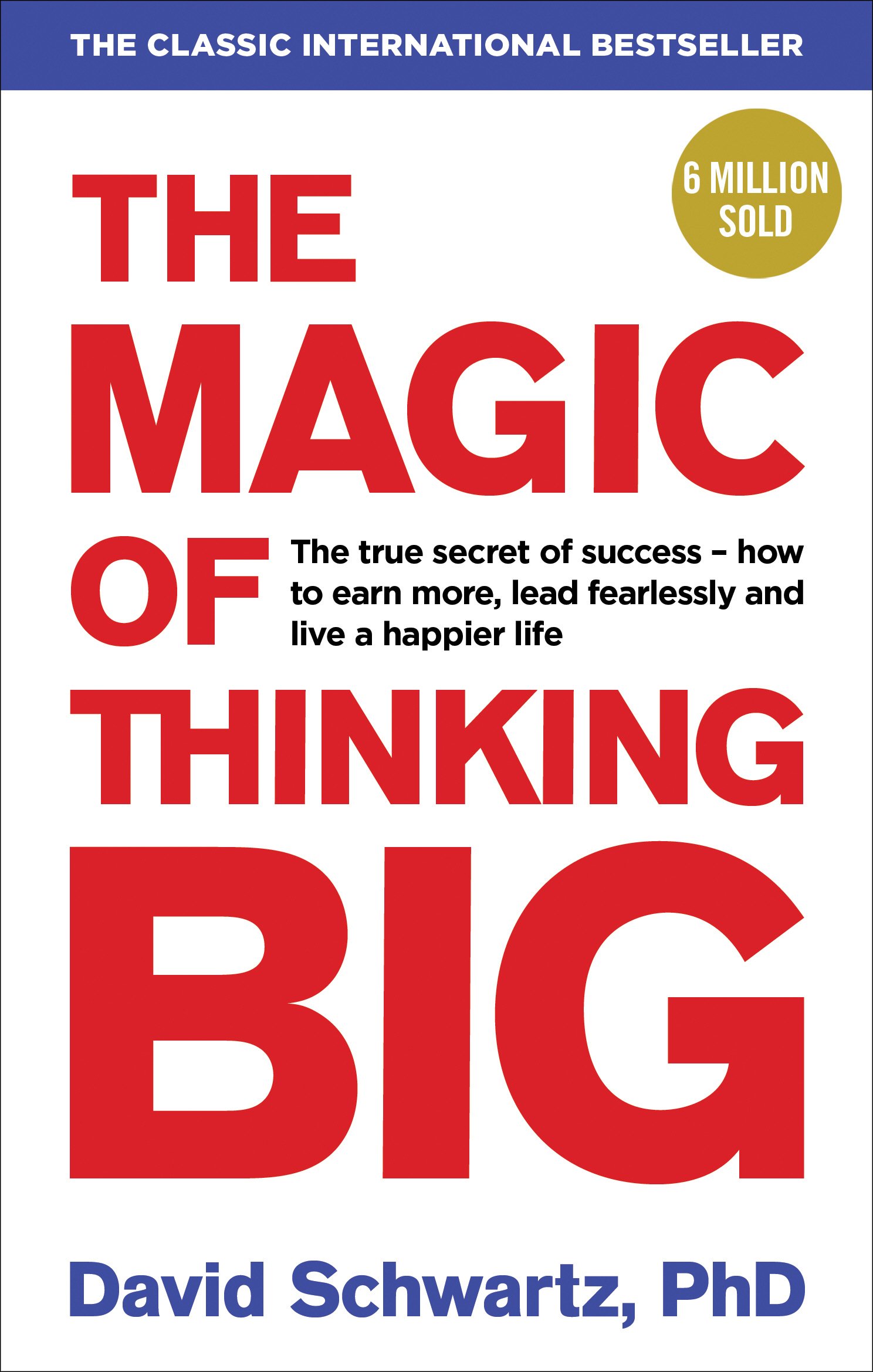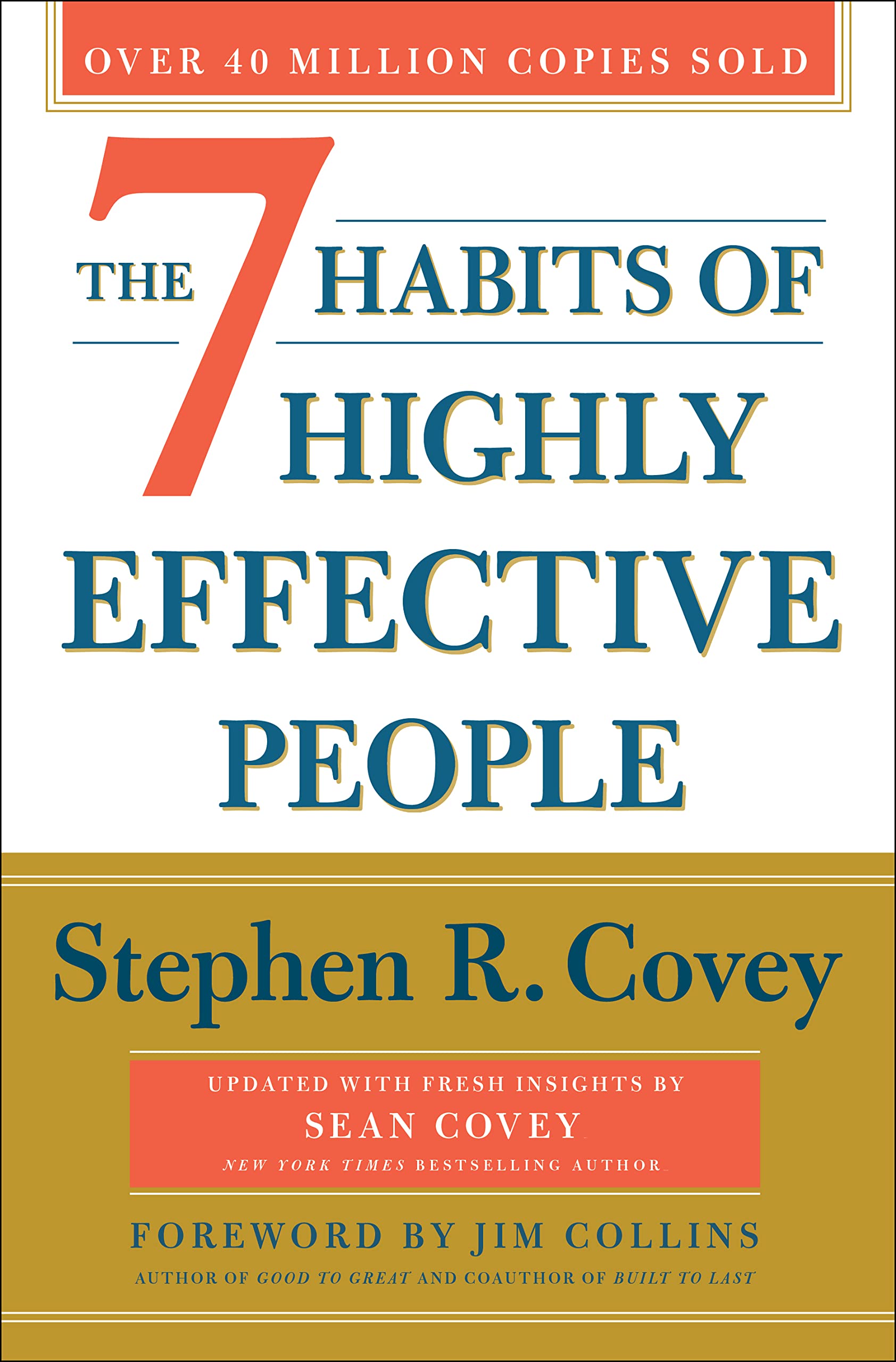Whatever you do, don’t forget rule number 6.
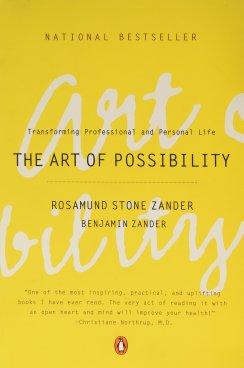
The Art of Possibility by Rosamund Stone Zander and Benjamin Zander is a delightful book about seeing alternative ways round problems, particularly creative solutions. You can identify new opportunities for collaboration and success by taking a different viewpoint. It is a book about leadership, creativity, and living a brighter life.
The main take home point is that we create the narratives that we attach to everything in life. Once you realise this, you can decide to form new stories (or explanations). This facilitates generating novel opportunities. The whole process must be approached with a lightness (see Rule number 6) in order to let the magic happen.
Other points:
- We create narratives to explain everything we experience, so choose to make a story that enhances your life
- We can only perceive information that we have a paradigm to capture
- Ask yourself: What assumptions are you making about the situation you’re in? What would have to be true (i.e. story you could invent) to make other options?
- We live in a world of measurement, comparison, and therefore scarcity
- This leads to trying to get more for yourself at expense of others
- Hold back from assessing/grading other people, instead see everyone as having something brilliant inside that needs to be uncovered
- This does not get rid of absolute standards, rather shift away from constant comparison and competition
- What people & relationships have you inadequately graded?
- Stop framing as success/failure but instead as a game to have an positive impact
- Any contribution you make often has ripple effects
- Anyone can lead, irrespective of their position, through their actions
- Don’t forget that a leader (e.g. conductor) doesn’t make any sound so must totally concentrate on improving others
- Don’t take yourself too seriously (= Rule number 6)
- This is the antidote to you from the world of scarcity: ladder with a downward spiral (of relationships)
- Accept things the way they are
- Stay with unpleasant feelings and let them run their course
- See mistakes and variations as part of the success then you will pass through them with joy
- Exchange “and” for “but”
- Separate assessment of current state from your anticipation of their conclusion
- This helps to prevent adding unhelpful narratives to events
- Notice where you are holding back, and then, participate completely
- Share your passion with others to get enrolment and create new opportunities together
- Money has a way of showing up when you get people enrolled
- Taking complete ownership of everything that happens to you as if it were within the rules of your game [a (very) different way of phrasing Willink’s “Extreme ownership”]
- It is not about accepting or attributing blame, rather seeing things as they are plus rule number 6 in order to see another way through
- You can achieve more when you are willing to take responsibility to fix any problem in any relationship
- Don’t let people forget the big vision of a venture
- Visions should point to possibility and not competitive downward spiral or constrained in time
- The enemy is never another human being
This book is another example of how seemingly unrelated fields can derive similar metaphors for general principles. Here, many of the examples are musical and have clear relevance to leadership in order fields.
More books like this:
- Keep going by Austin Kleon
- Leap first by Seth Godin
- Creativity Inc. by Ed Catmull & Amy Wallace
Useful links:
